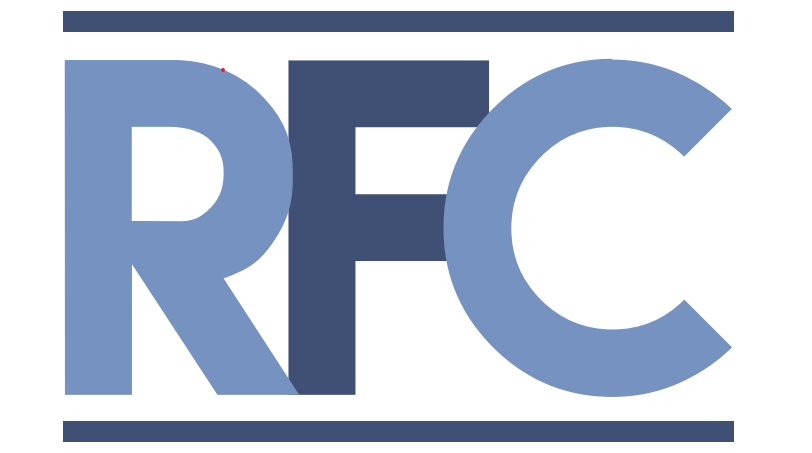DISSERTATION: Social Networking and Individual Performance: Examining Predictors of Participation | RightFitCommunications
DISSERTATION: Social Networking and Individual Performance: Examining Predictors of Participation
ProQuest Dissertations and Theses; 2011; ProQuest Dissertations & Theses (PQDT)
Michael Anthony Brown Sr.
Old Dominion University, 2011
Director: Dr. Mohamad G. Alkadry
This dissertation addresses relationships between social networking and individual performance. The “act” of social networking is a process and practice by which people and organizations are drawn together by family, work or hobby to interact via websites. The explosion of these new network connections in the workplace suggests the need for an exploration of the various ways organizations can affect and improve performance and productivity.
This dissertation suggests a social networking participation model that may help organizations predict and understand the value proposition that affects acceptance or rejection of participation. Innovation adoption, governing by network and social capital are important theories in developing an understanding of social networking behavior. Performance may be influenced when people are presented with evidence of a return on the investment of their time. Even if there is simply a perception of benefit, users may be more inclined to participate, or they may be moved to increase their participation levels. Therefore, this study explores the extent to which individual perceptions of usefulness and type of use predict social networking levels of participation.
This dissertation explores a theoretical framework promoting effective measurement of concepts to predict social networking adoption and participation. A review of the constructs of perceived usefulness, perceived improvement potential, perceived ease of use, perceived encouragement, intra-organizational trust, and type of use provides a potential benefit to understanding social networking in organizations. The perceived impact of social networking is widely supported, but much research is still needed to identify the psychological process of participating in these activities. This dissertation is an important first step in adding to the current body of literature.
Theoretical arguments about social networking and individual perceptions of performance are explored in this study. These arguments are tested using structural equation modeling. Data from 191 social networking participants are collected using a survey instrument of 37 questions. The research results show that perceived usefulness, perceived improvement potential, perceived ease of use, intra-organizational trust, and type of use are predictors of social networking participation. The study validates the survey instrument through model fit, and suggests future research to improve the instrument. Further, this dissertation urges organizations to ask questions about relationships between social networking and individual performance much earlier in the process than is now the case.
Co-Directors of Advisory Committee: Dr. Donald D. Davis
Dr. Katrina Miller-Stevens

